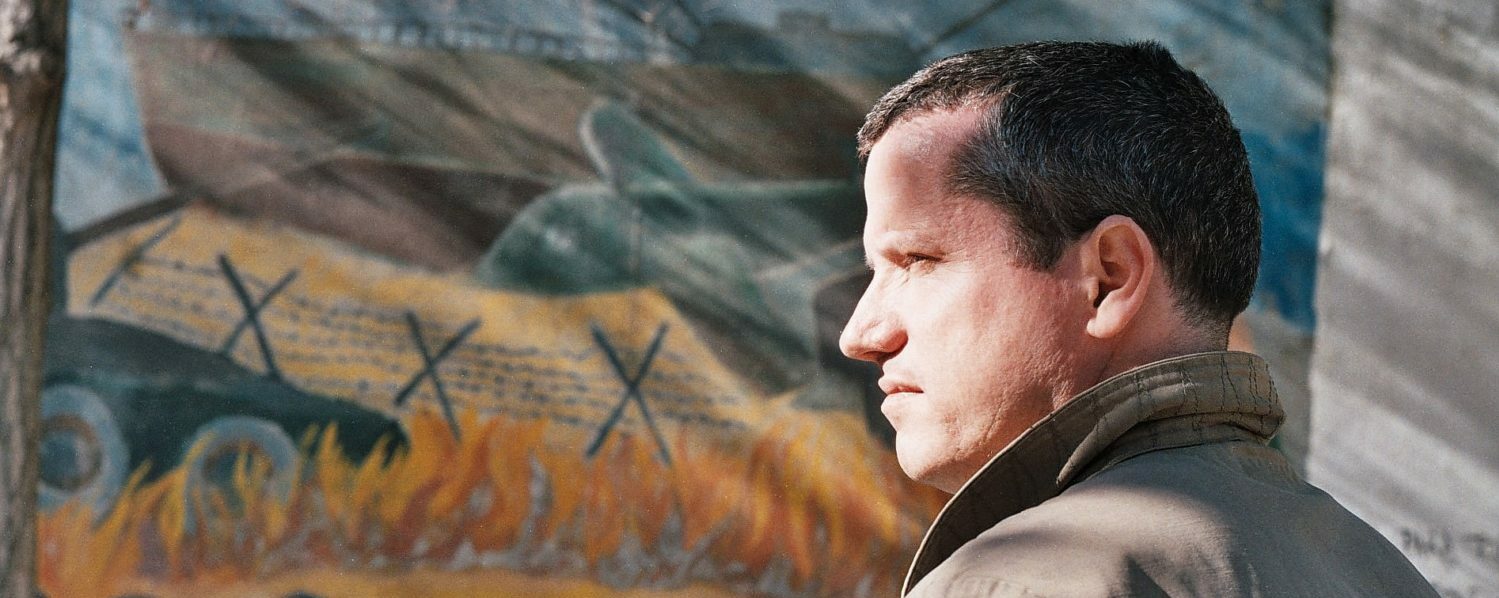Micah Sifry, one of the two political-tech gurus behind the Personal Democracy Forum (PDF) (the other is Andrew Rasiej), has kindly posted my remarks to the #PDFLeaks “flash” conference last Saturday in New York City. It was a great discussion, with a lot of smart people, including Arianna Huffington and Charles Ferguson, trying to grapple with the implications of the Wiki-drama. You can see it all here.
One striking thing about the discussion, and indeed about WikiLeaks, is that it is bringing together two groups who hitherto had little to do with one another – people who get tech, and people who get politics. Micah and Andrew have been at the very centre of this convergence, and the PDF conferences they have organized over recent years have been among the most thought-provoking discussions I have attended. Victor Navasky, elder statesman of The Nation, has said the same to me.
But also evident in Saturday’s discussion was its somewhat unformed nature. You had the feeling, both exciting and disconcerting, that people were thinking this issue through from first principles (indeed, some even began to propose statements of principles to guide us).
WikiLeaks, and indeed politics on the Internet, presents us with new political conundrums: what should be kept private, what public, what responsibilities are borne by those conveying information, to name just a few. And as yet, there are few coherent answers among the cacophony of Wiki-opinions (including my own).
In this uncertain debate, there is a clear and disturbing parallel with terrorism. After 9/11, there was a powerful sense within diplomacy and indeed among governments that existing models of the world, including international law, needed revision. I have the feeling that WikiLeaks has thrown down a similar challenge.
The reaction of governments to terrorism was, by and large, wrong and self-defeating. The Global War on Terrorism has perpetuated the threat as much as combat it, while also trampling some cardinal principles and values of human rights and democracy. Let’s hope the reaction to the WikiLeaks phenomenon will be better, smarter, and lead to better outcomes, including more transparency and accountability in government (and perhaps for the likes of WikiLeaks too). This time, I have a bit more confidence that this debate will be more positive, not least because the likes of Andrew and Micah are facilitating it, openly, democratically, and above all thoughtfully.
